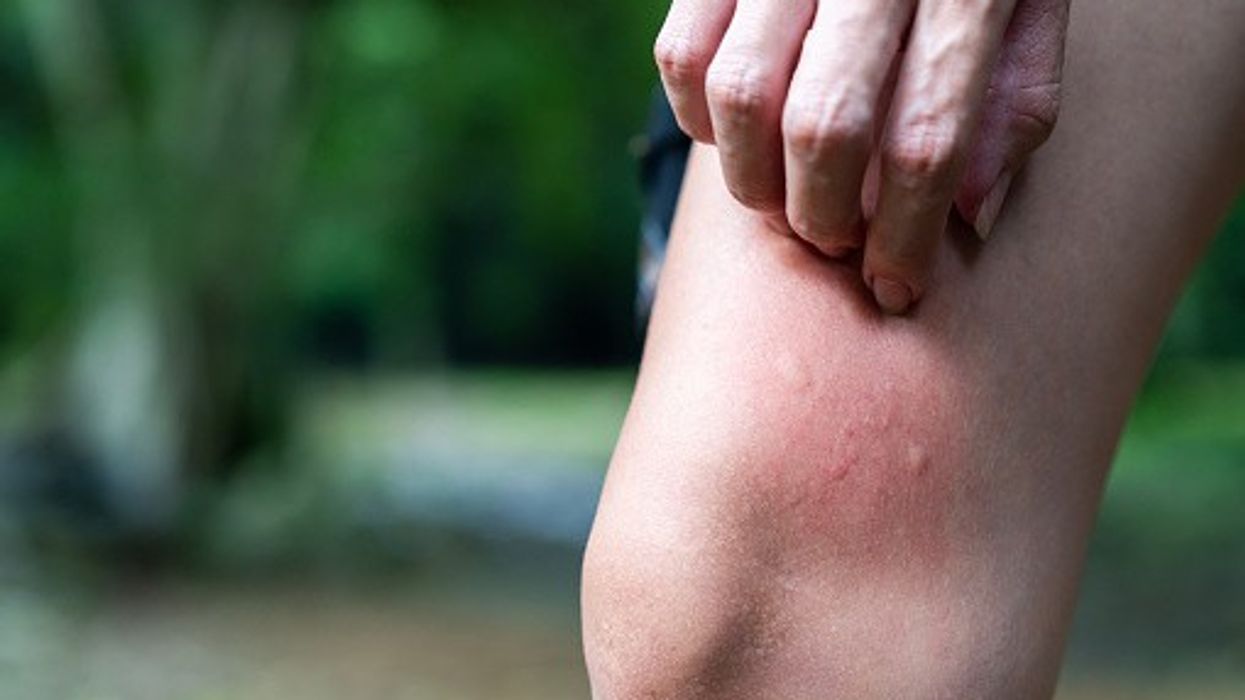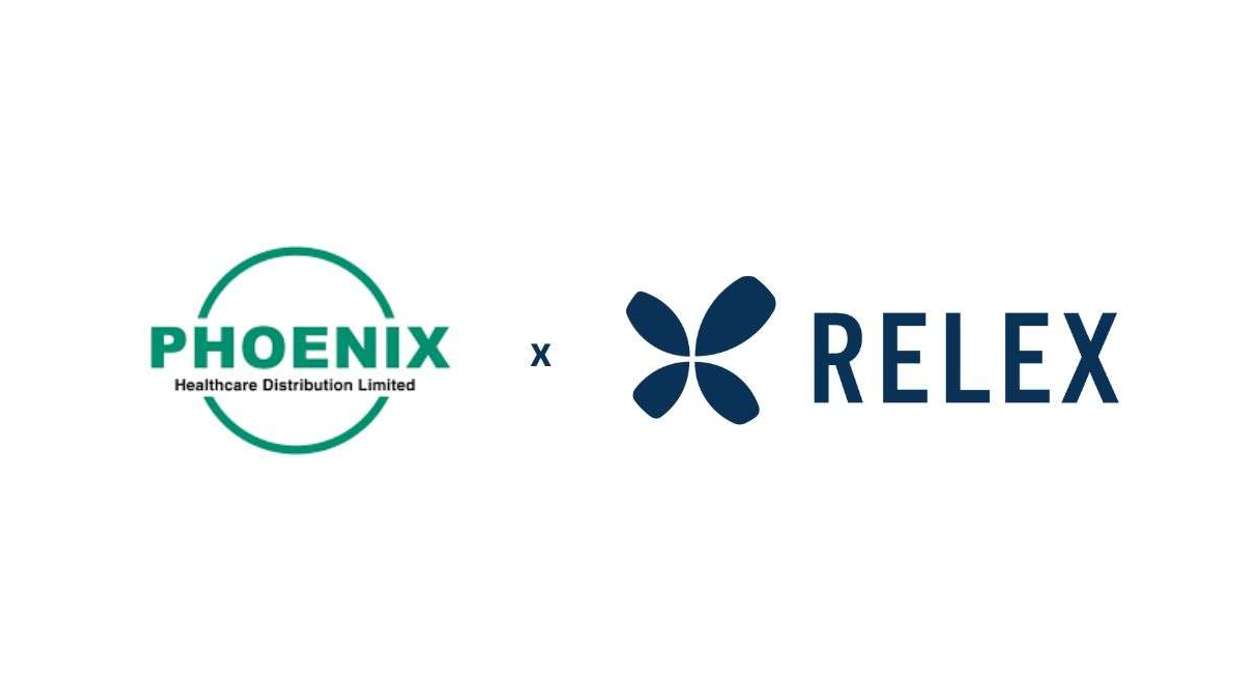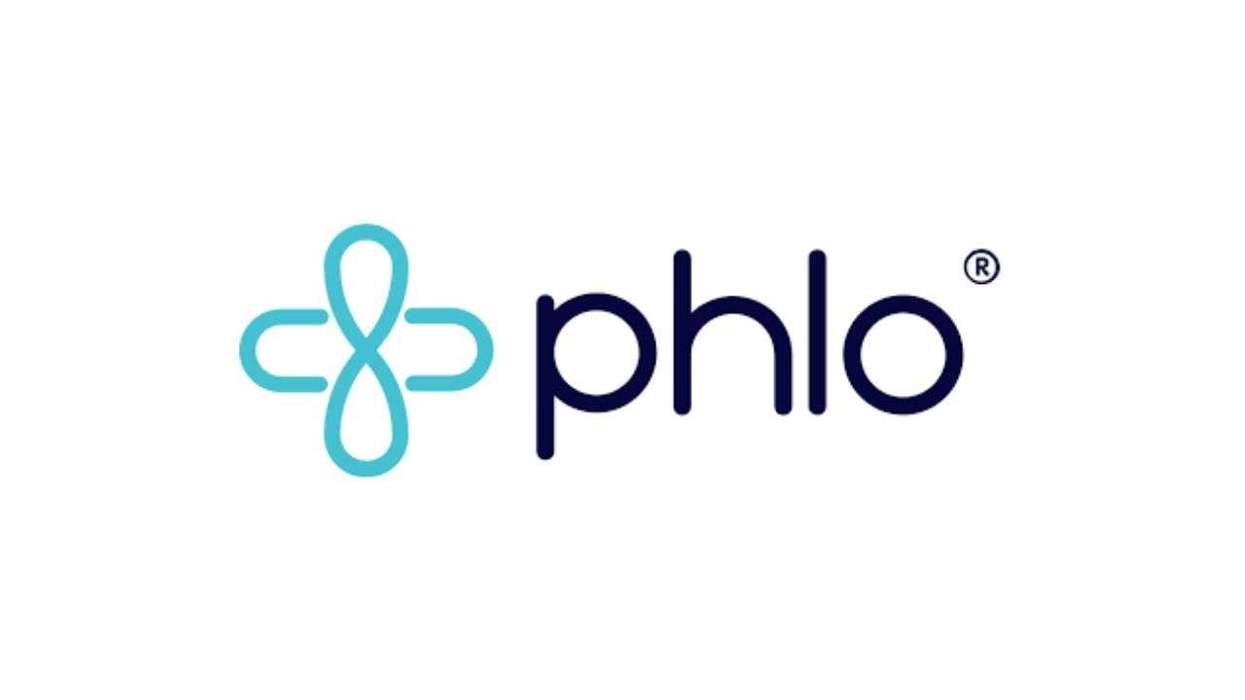Key Summary
- NHS website saw a 20% rise in visits for insect bite and sting advice this summer, peaking during July’s heatwave
- Guidance includes symptom relief with ice packs, antihistamines, and painkillers, all available from pharmacists
- Tick bites raised concern about Lyme disease, though NHS says not all ticks in England carry the infection
A recent NHS website analysis showed that there has been a 20 percent rise (454,238 visits) in the website search regarding insect bites and stings between June 25 and August 25.
The rise in visits came amid a summer wasp boom caused by the warmer temperatures.
In the week of July 14, when there was a heatwave, NHS bite and sting advice was viewed 69,682 times – about once every nine seconds.
The NHS website’s insect bites and stings page offers advice on easing insect bites and stings with ice packs, antihistamines, and pain relief, all available from pharmacists.
While insect bites are easily treatable, it could be problematic if left unattended.
There has been a spike in searches for Lyme disease, a bacterial infection that can be spread to humans if they are bitten by an infected tick.
Even celebrities like Shania Twain, Justin Bieber and Miranda Hart had fallen prey to this infection.
However, NHS claims that not all ticks in England carry the bacteria.
“Insect bites and stings usually increase during the summer months and this year we’ve seen a rise in the number of people seeking advice on these from the NHS website, as well as heightened awareness of specific conditions,” said chief nursing officer for England, Duncan Burton.
He also urged the people to approach NHS 111 for non-urgent medical help, while they can use 999 for fatal emergencies.













